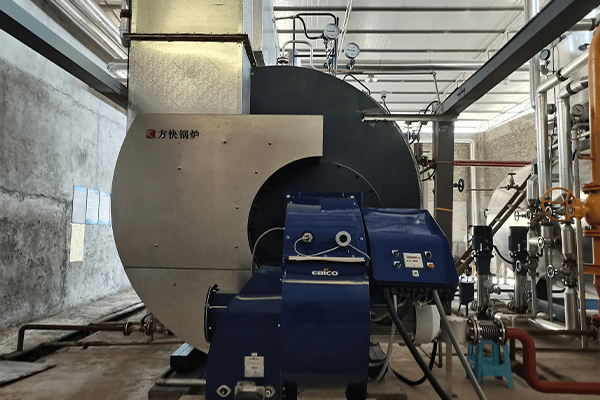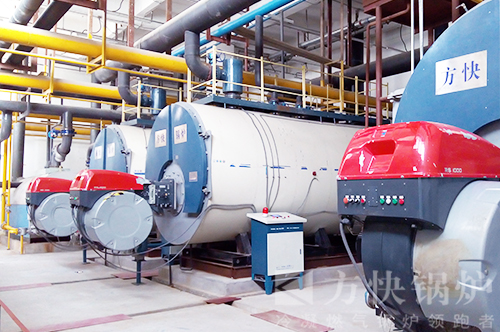When the boiler leaks gas or water, emergency treatment is required to reduce losses and ensure safety. Here are some suggestions from our after-sales engineers:
1. Act Immediately and Safely
When you notice a boiler leak, act fast: cut the main power and shut off the fuel supply—gas, oil, or electricity—to eliminate any hazard. Then close the water inlet valve to stop more water from flowing in. Finally, set a bucket or some towels beneath the leak to catch drips and protect your floor.
2. Identify and Contain the Leak
Once the unit is off and cool, inspect around the boiler:
-
Small, steady drips usually come from fittings or joints that have loosened over time. You can check for these by wrapping a paper towel around each connection—any damp patches will give the culprit away.
-
Leaks at the pressure-relief valve (PRV) are often down to trapped debris keeping it from sealing fully. Gently lift the PRV lever to let the water rush out; if it clears away sediment and then stops dripping, you’ve likely freed it. But if the flow continues, the valve itself will need replacing.
-
Automatic air vents may stick open, letting both air and water escape; look for drips at the top of the boiler near the vent.
-
Heat exchanger corrosion is a more serious source: cracks here mean internal leakage and usually necessitate boiler replacement.
3. Perform Temporary Remedies (Only if Competent)
If the leak is small and you’re comfortable with basic plumbing:
-
Gently tighten any loose compression fittings.
-
Replace worn washers or gaskets in accessible pipework.
-
Bleed radiators to lower system pressure: turn a radiator key until the gauge drops to the manufacturer’s recommended level (usually 1–1.5 bar); this can sometimes stop pressure-driven leaks.
Keep in mind these are stop-gap measures; they seldom cure underlying faults.
4. Prevent Future Leaks
Regular maintenance is the best defense against leaks:
-
Schedule annual servicing to inspect seals, valves, and pipework.
-
Ensure proper water treatment to avoid scale and corrosion in industrial or hard-water areas.
-
Test pressure relief and automatic air vents periodically to confirm they’re closing correctly.
Boilers are high-pressure containers, so we recommend that you seek help from professional boilermakers to avoid safety issues.
Get your best price
Quickly compare 3 FREE quotes
- Engineer quick quote
- The overall delivery speed is fast
- Financial choice
- Low installation costs and cost savings
25 years+ of boiler R&D
More than 20 innovative technologies



